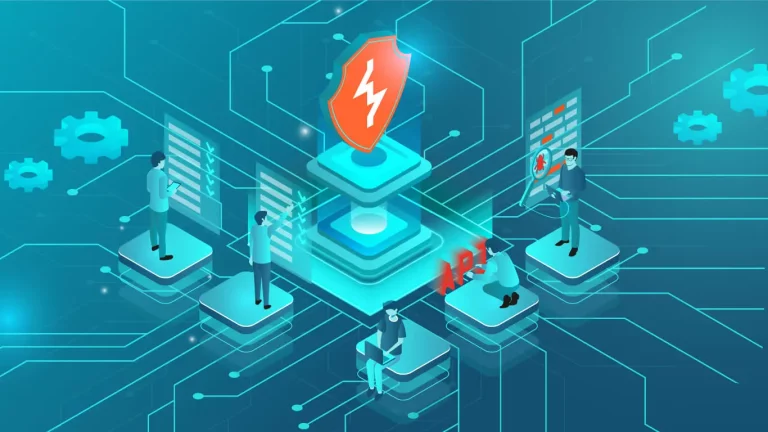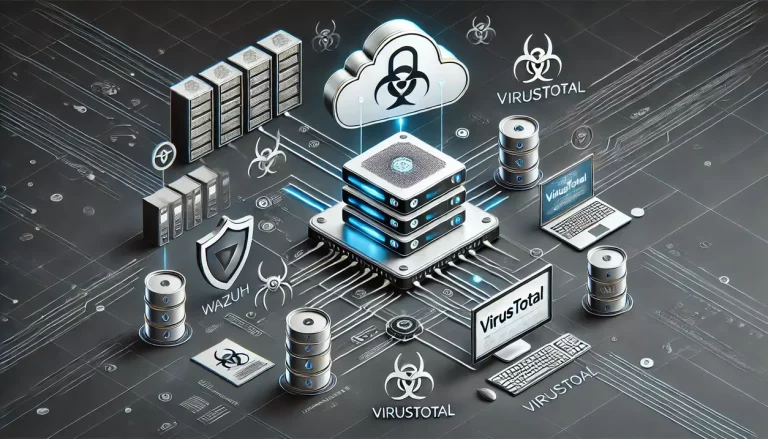In today’s digital landscape, server cybersecurity is no longer a luxury—it’s a necessity. Whether you’re a large enterprise, a growing startup, or an individual running a personal website, protecting your servers from cyber threats should be a top priority. The core of any robust cybersecurity strategy starts with one essential component: firewalls.
While often overlooked or improperly configured, the correct setup of a firewall can mean the difference between a secure environment and one that is vulnerable to breaches.
Why Server Cybersecurity Matters
The stakes for server security have never been higher. Cyberattacks are not only increasing in frequency but also in sophistication. According to recent reports, cybercriminals launch an attack every 39 seconds, targeting everything from small websites to large corporate databases. Servers, which act as repositories for sensitive data and critical business operations, are prime targets for these attacks.
When a server is compromised, it can lead to catastrophic results:
- Data breaches that expose confidential customer information
- Service disruptions that lead to downtime and lost revenue
- Intellectual property theft, damaging your company’s competitive edge
- Reputational damage, causing loss of trust with clients and partners
Given these risks, it’s crucial to fortify your servers with comprehensive cybersecurity measures. And that begins with setting up your firewall correctly.
What is a Firewall, and Why is It Important?
A firewall is essentially the first line of defense between your server and potential cyber threats. It is designed to monitor incoming and outgoing network traffic and decide whether to allow or block specific traffic based on predefined security rules. Think of a firewall as a digital security guard standing at the gates of your server, filtering out malicious actors before they can penetrate your network.
But here’s where many organizations falter: simply having a firewall isn’t enough. Proper configuration is key. A poorly set-up firewall can leave gaps that hackers can exploit, rendering it nearly useless. Understanding how to correctly configure firewalls can make the difference between a well-defended network and a disaster waiting to happen.
The Importance of Correct Firewall Setup
Here are some of the key reasons why a properly configured firewall is critical for server security:
- Filtering Out Malicious Traffic
A firewall’s most basic function is to block unwanted traffic. By correctly setting up access rules, you can prevent unauthorized users, malware, and potentially harmful IP addresses from accessing your network. Without these rules, you’re essentially leaving the front door of your server open to anyone who wishes to enter. - Preventing Distributed Denial of Service (DDoS) Attacks
DDoS attacks flood your server with traffic, making it inaccessible to legitimate users. A well-configured firewall can identify the warning signs of a DDoS attack and mitigate its impact by filtering out fake traffic before it overwhelms your server. - Creating Secure Zones
By using firewall zones and segmentation, you can create secure areas within your network. For example, public-facing services like websites can be placed in a “demilitarized zone” (DMZ), while critical databases are placed in highly restricted zones. This segmentation limits the damage an attacker can cause if they breach one part of your network. - Blocking Unnecessary Ports
Many cyberattacks exploit open ports, which are communication endpoints on a server. By default, servers have numerous open ports that may not be needed for daily operations. Closing unnecessary ports and services can significantly reduce your attack surface. - Protecting Against Internal Threats
While most people think of firewalls as protection from external threats, they also play a crucial role in mitigating internal risks. By controlling internal traffic between different segments of your network, you can limit the lateral movement of malware if a breach occurs.
Best Practices for Firewall Configuration
To ensure that your firewall provides maximum protection, consider the following best practices:
- Regularly Update Firewall Rules: Cyber threats evolve quickly, and so should your firewall rules. Ensure your rules are up-to-date and adapt them to new security needs.
- Use a Layered Defense Approach: A firewall alone cannot provide complete protection. Use it in conjunction with intrusion detection systems (IDS), antivirus software, and encryption to form a multi-layered security strategy.
- Enable Logging and Monitoring: Keep track of what’s happening on your firewall through logging. By monitoring these logs, you can spot unusual activity and address potential vulnerabilities before they become full-blown attacks.
- Review Configurations Periodically: Firewalls should not be set up once and forgotten. Periodic reviews and audits are necessary to ensure that your firewall continues to serve your current security needs.
In Conclusion
Firewalls are an essential part of server cybersecurity, but their effectiveness depends on proper setup and maintenance. As cyber threats continue to evolve, so too should your firewall configuration and overall security strategy. Don’t leave your servers exposed—make sure that your firewall is robust, updated, and well-configured to meet the challenges of today’s cyber landscape.
By taking these proactive steps, you’ll safeguard your servers and, ultimately, the future of your business.





